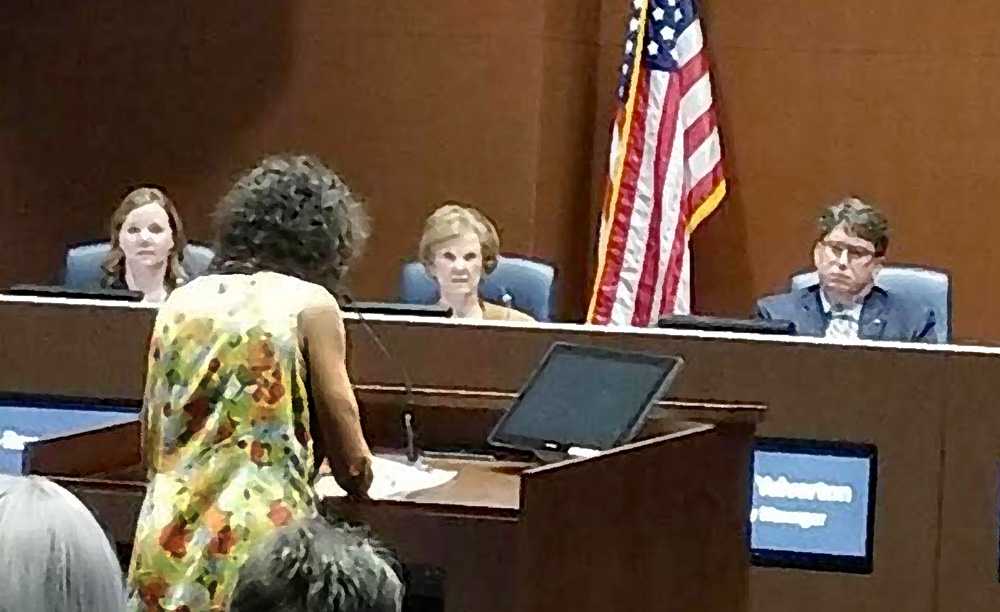On Sunday, former Pres. Barack Obama acknowledged — in the breach — the “wise American tradition of ex-presidents gracefully exiting the political stage and making room for new voices and new ideas.”
The former president’s talk at the University of Illinois made big news in large part because it was a direct attack on the current president.
“We have our first president, George Washington, to thank for setting that example,” Mr. Obama explained to the students. “After he led the colonies to victory, as General Washington, there were no constraints on him, really. He was practically a god to those who had followed him into battle. There was no Constitution. There were no democratic norms that guided what he should or could do. And he could have made himself all-powerful; he could have made himself potentially president for life. Instead, he resigned as commander-in-chief and moved back to his country estate.”
Noting that “six years later” Washington was elected president, Obama added, “But after two terms, he resigned again and rode off into the sunset.”
The two-term limit, constitutionally imposed on modern presidents, was established as a tradition when self-imposed by the man known as the father of our country.
“The point Washington made, the point that is essential to American democracy, is that in a government of, and by and for the people, there should be no permanent ruling class,” the former president concluded, “… only citizens, who through their elected and temporary representatives determine our course and determine our character.”
On that, Americans across the political spectrum can agree.
It’s called term limits.
This is Common Sense. I’m Paul Jacob.
Illustration: detail from “The Resignation of General Washington, December 23, 1783,” oil on canvas, by the American artist John Trumbull.











